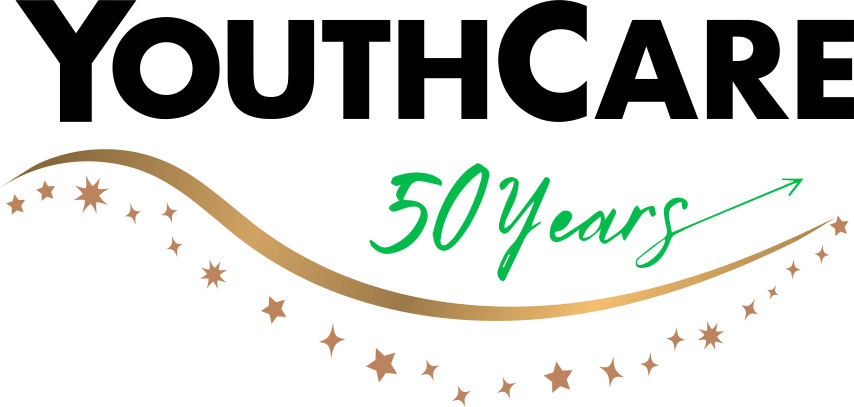For nine years, volunteers from Starbucks Coffee Company have been helping us prepare young people for life by conducting mock interviews with students in our Barista Training and Education Program, a partnership between YouthCare and FareStart. For the past five years, Store Manager Cole Poppsinger has coordinated the effort, and it’s grown immensely in that time. Now, each month, students meet with managers of Starbucks locations throughout the downtown Seattle area.
They’re expected to treat it like a real interview. For many, it’s their first ever, and they receive invaluable feedback. The most common problem? “Eye contact,” Cole says without hesitation. In addition, the candidates may not answer questions fully enough, or else share too much personal information about their life. “Very rarely,” he continues, “is someone ready to go. In the first round, we’ve only seen maybe five youth over the last five years who were ready.” But that first try is part of the process – and a huge contribution to our training. As Cole and his colleagues have noticed, “very many of them are ready right after that mock interview. They turn around and integrate it right away.”
It’s not just the young people who gain from the experience. The 25 or so store managers involved in the program “are really inspired by the interactions because they can see the effects their feedback and the experience have on the students.” It’s an easy sell, especially for the downtown store managers who want to be more involved in the neighborhood. “It’s a time commitment of about 45 minutes. They’ll show up in your store, you’ll interview them, you’ll provide feedback, and you’re done! You’ve done a good deed.”
Cole has had some inspiring encounters, and one experience, in particular, has stayed with him. A young woman of 17 came to the interview – and at first sight, Cole was a little taken aback. She was wearing “what looked like a prom dress.” Of course, anyone who’s hired a lot of young people knows that many will show up in a T-shirt. It’s important to show you’re serious by dressing well for interviews – but, still, this girl was “way too dressed up.”
As he talked with her, though, Cole realized that “she was taking it really seriously” and that the dress was simply her way of looking as nice as possible. Cole was incredibly impressed by what he saw in her.
“It just seemed like, because of sheer will, she was going to succeed. She had such a great personality and a great presence and clearly enjoyed her whole Barista training program experience. She was able to share really specific examples that illustrated her knowledge and her ability to problem-solve, everything we are looking for in a candidate.”
For Cole, it was an eye-opener to realize that an unusual choice of interview attire was the only thing that might have marked this girl as someone who has gone through terrible hardship. In everything else, she was “just like all the kids I want to hire every single day.” Of course, he’s also seen plenty of Barista students who’ve needed to work more on their interview skills – but he believes that the feedback they receive after the interview puts them well on their way. Meanwhile, we see youth who are going through an experience that will help them on any path they follow, whether it takes them to Starbucks, another employer, or a college admissions office.
In the face of worse experiences than any young person should ever have to bear, graduates of BTEP – and YouthCare’s other employment training programs – only want what every young person wants: a chance to show they can succeed, and maybe a little advice and encouragement along the way. We’re grateful to Cole and his colleagues at Starbucks for giving them that.

